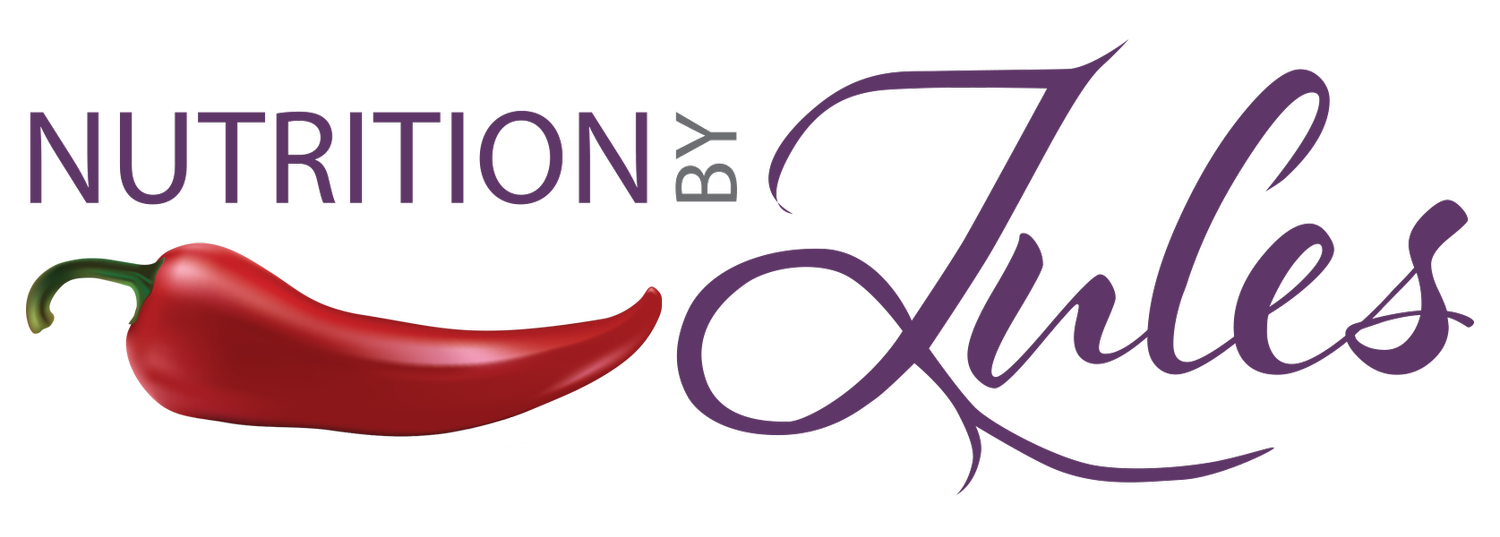Building a Resilient Mind
Building a Resilient Mind: Counteracting the Stress Response
Why talk about stress on a nutrition blog? Because stress is often the elephant in the room when it comes to positive outcomes from diet, or other health behavioral change. Our physical self is only as good as our mental self and stress impacts both of these!
Stress is not always the bad guy we make it out to be; the stress response is a natural body reaction that we use for survival.
Physically, our bodies respond stressors by increasing our hormones cortisol and epinephrine. This means an immediate increase in heart rate and blood pressure and release of glucose into the blood stream. All of these changes are meant to protect us. It is when these reactions are constantly triggered, or pile up, that they become negative to our health.
When stress is a chronic reaction it can cause:
- fatigue
- headaches
- digestion issues
- sleep disturbance
- contribute to increased risk of chronic disease
- panic and anxiety
- depression
- among other concerns...!
Even though stress will never completely go away, nor do you want it to, you can prevent a negative affect from it. Research has shown that the brain can be retrained to not over-react to stress.
How does stress affect you?
Do you feel your heart race? Muscles tense? Do you get headaches or nausea? Fatigue? Dizziness? Upset stomach or appetite changes?...
When you feel physical signs of stress it is a signal for intervention! Each and every time you recognize the stress building, take steps to mitigate it. The more you do this the easier it will be and the bigger impact your efforts will have.
In the moment stress reducing interventions:
- Diaphragm breathing: or deep belly breathing; breath in slowly for a count of five, filling your entire abdomen down to the belly (not just your chest). Hold at the top of your breath before slowly releasing for a count of ten. Pause at the bottom of your breath and repeat.
- Diving reflex: splash cold water on your face (or take a cold shower). This will decrease your heart rate and increase blood flow to the brain.
- Affirmations: positive self-talk.
- Body scan for emotions: identify how you are feeling and why; this allows you to address the stress more clearly without a knee-jerk reaction to it.
- Meditation and mindfulness: a learning technique to focus your mind on the present moment; to calm emotions by clearing all thoughts. Learn more on meditation here.
- Physical movement/activity.
- Journal: write it out, or talk it out.
- Hugs and laughter: to release positive endorphins.
- Other that works for you?
Mental Tips to reduce the stress-reactive mind:
- Avoid telling yourself, or others, that you are stressed.
- Acknowledge stressful feelings and thoughts without indulging in them.
- Can you use your stress response to your advantage? Energy!
Stress Reduction For the Long Run
Instead of waiting for stress to bubble up before taking measures to counteract it, there are things you can do as prevention.
Practice relaxation!
Condition your brain to relax on demand so it will know how to when you need it to most.
The long term effect of practicing relaxation is what builds a resilient mind.
HOW?
Aim to engage in one or more of these daily:
- Meditation: visualization, muscle relaxation; guided, moving, solo or in group. Lots of options here!
-
- Headspace, Calm or Insight Timer can provide additional information and guided practice.
- Just 10 minutes a day of meditation has been shown to have remarkable impact to changes in neuropathways of the brain responsible for stress response.
- Deep breathing techniques.
- YOU TIME.
- Nurture positive relationships.
- Humor; build a laugh book or have resources for bringing laughter to your day.
- Gratitude list; general and daily occurrences.
- Determine your health boundaries; write them out, be specific as necessary.
- Write down ways you can relax using each of the five senses; practice these!
- Engage in movement and activity you enjoy.
 Other Resource:Cleveland Clinic: https://my.clevelandclinic.org/health/articles/11874-stress The Impact of Stress on Body Function
Other Resource:Cleveland Clinic: https://my.clevelandclinic.org/health/articles/11874-stress The Impact of Stress on Body Function


